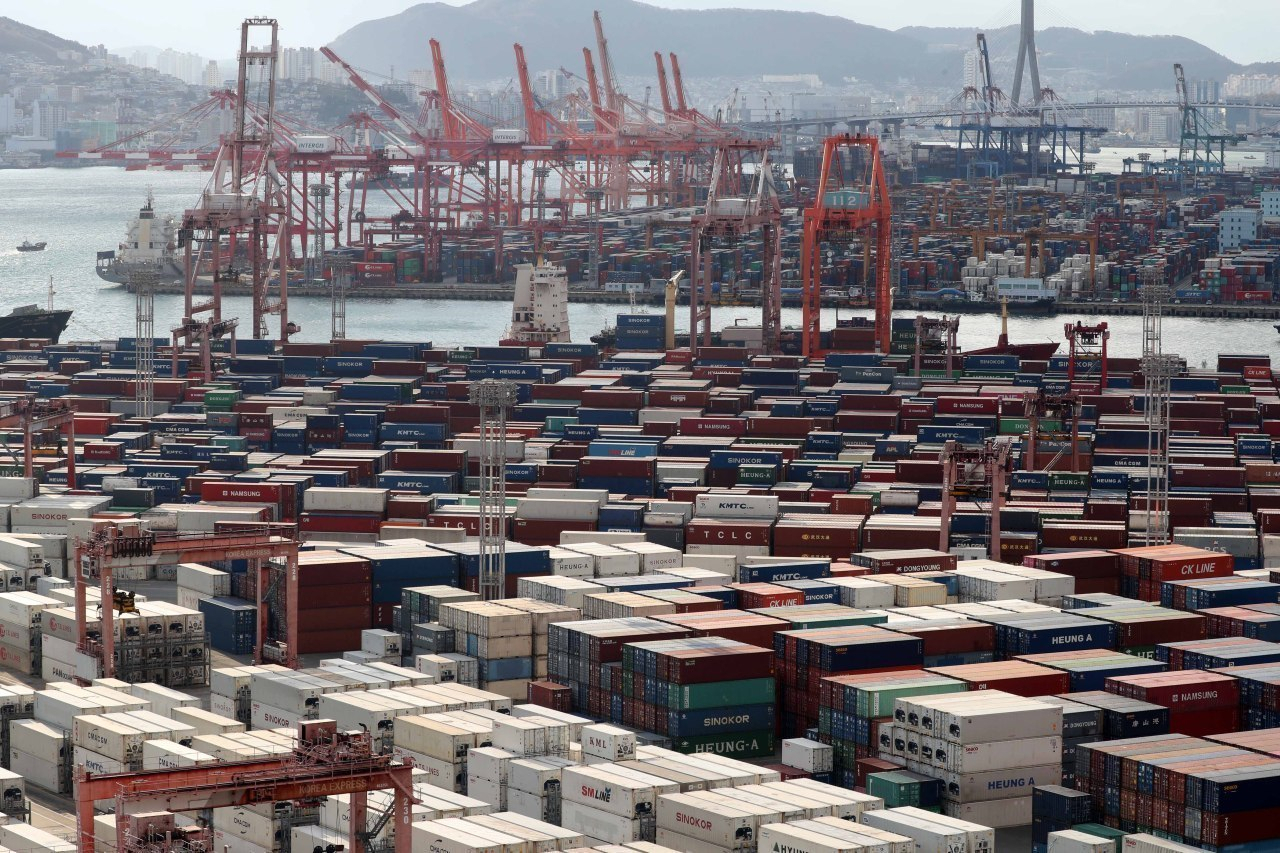 |
(Yonhap) |
South Korea posted the largest ever current account deficit in January as exports sharply dwindled amid growing worries over a global economic recession, central bank data showed Friday.
The country's current account shortfall came to $4.52 billion in January, swinging from a surplus of $2.68 billion a month earlier, according to the preliminary data from the Bank of Korea (BOK).
It marked the largest monthly current account deficit since relevant data started to be compiled in January 1980.
The shortfall came mostly as the goods balance worsened sharply due to slumping exports and rising imports driven by increased spending.
Concerns are growing that aggressive monetary tightening to fight inflation in major countries, including the United States, would cause global demand to shrink.
Exports fell 14.9 percent on-year in January, the fifth straight month of a fall, caused by weak demand for semiconductors and in major markets.
On a customs clearance basis, overseas shipments of semiconductors and steel products plunged 43.4 percent and 24 percent, respectively.
By destination, sales to China dived 31.4 percent, while those to Southeast Asian countries and Japan dropped 27.9 percent and 12.7 percent, respectively, the data showed.
Imports, meanwhile, rose 1.1 percent over the same period as the purchase of consumer goods increased. Imports of vehicles, in particular, surged 65.9 percent on-year in January.
Those figures led the country to post a goods account deficit of $7.46 billion in January, compared with a surplus of $1.54 billion a year earlier, the data showed. The January figure was the worst since relevant data has been available.
The service account also worsened as freight rates continued to fall amid recession woes and overseas travel rising, encouraged by eased coronavirus curbs.
South Korea posted a service account shortfall of $3.27 billion in January, a sharp turnaround from a deficit of $830 million a year earlier, the data showed.
The primary income account, which tracks wages of foreign workers and dividend payments overseas, logged a surplus of $6.38 billion in January, up from a surplus of $1.87 billion a year before.







